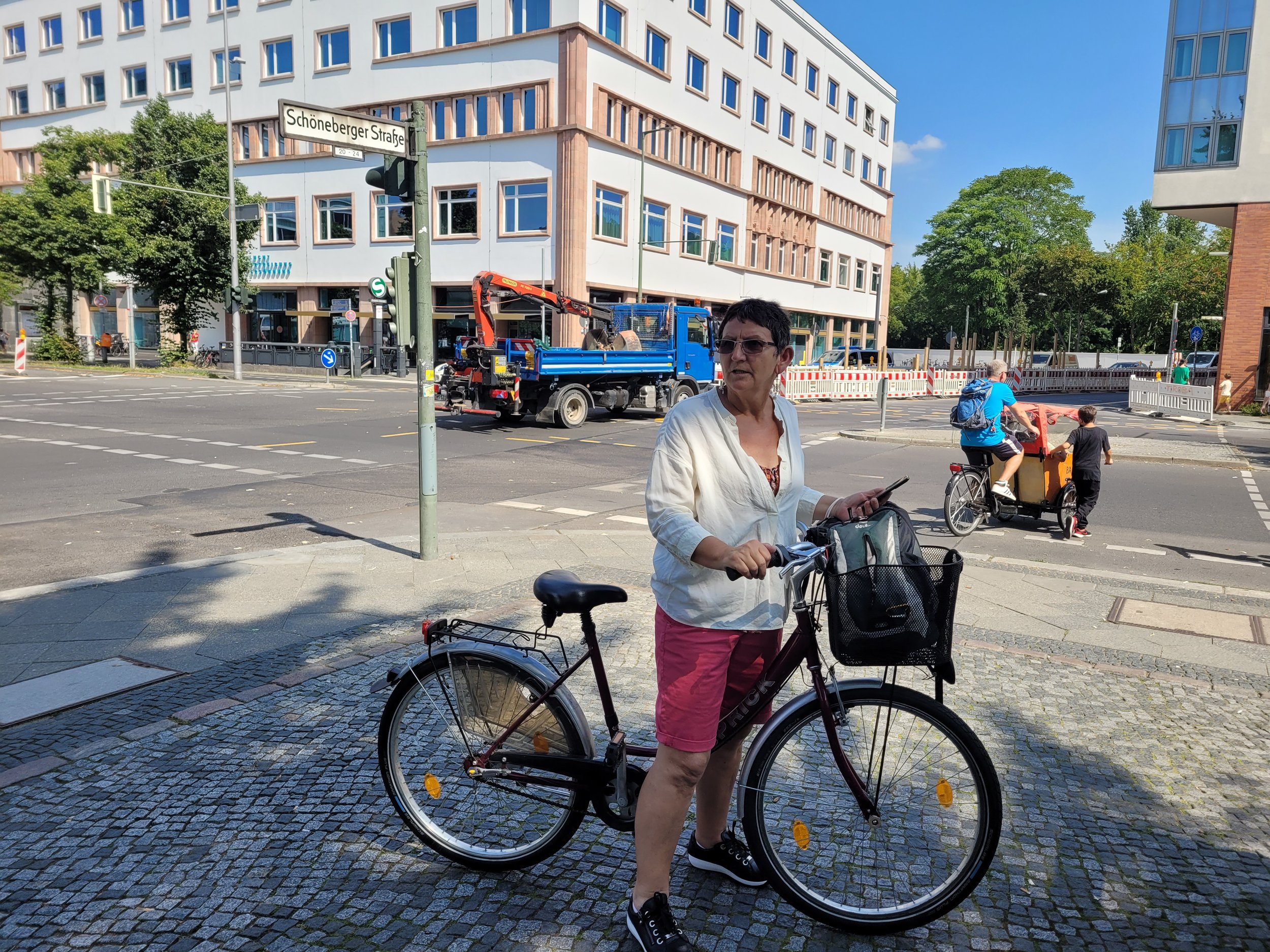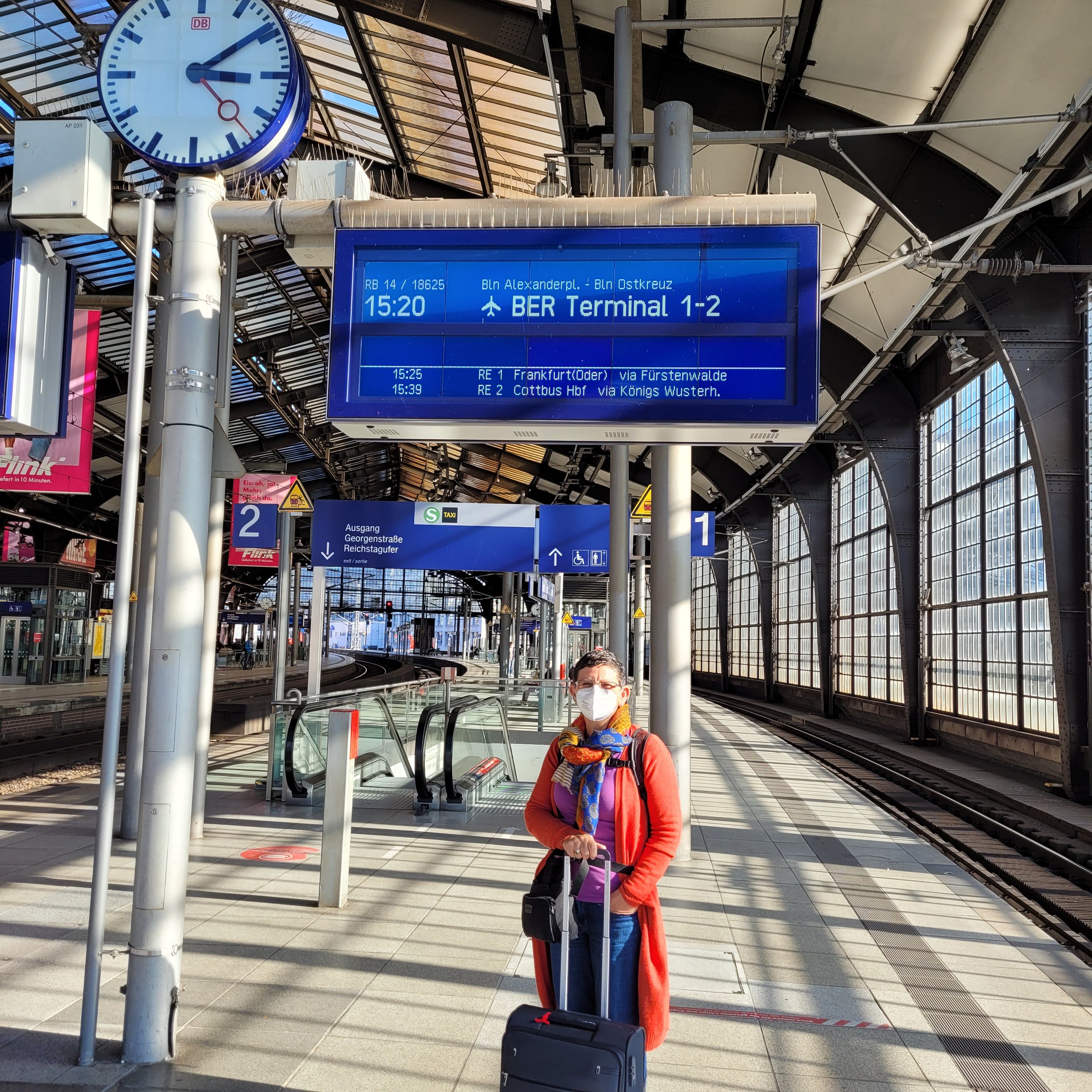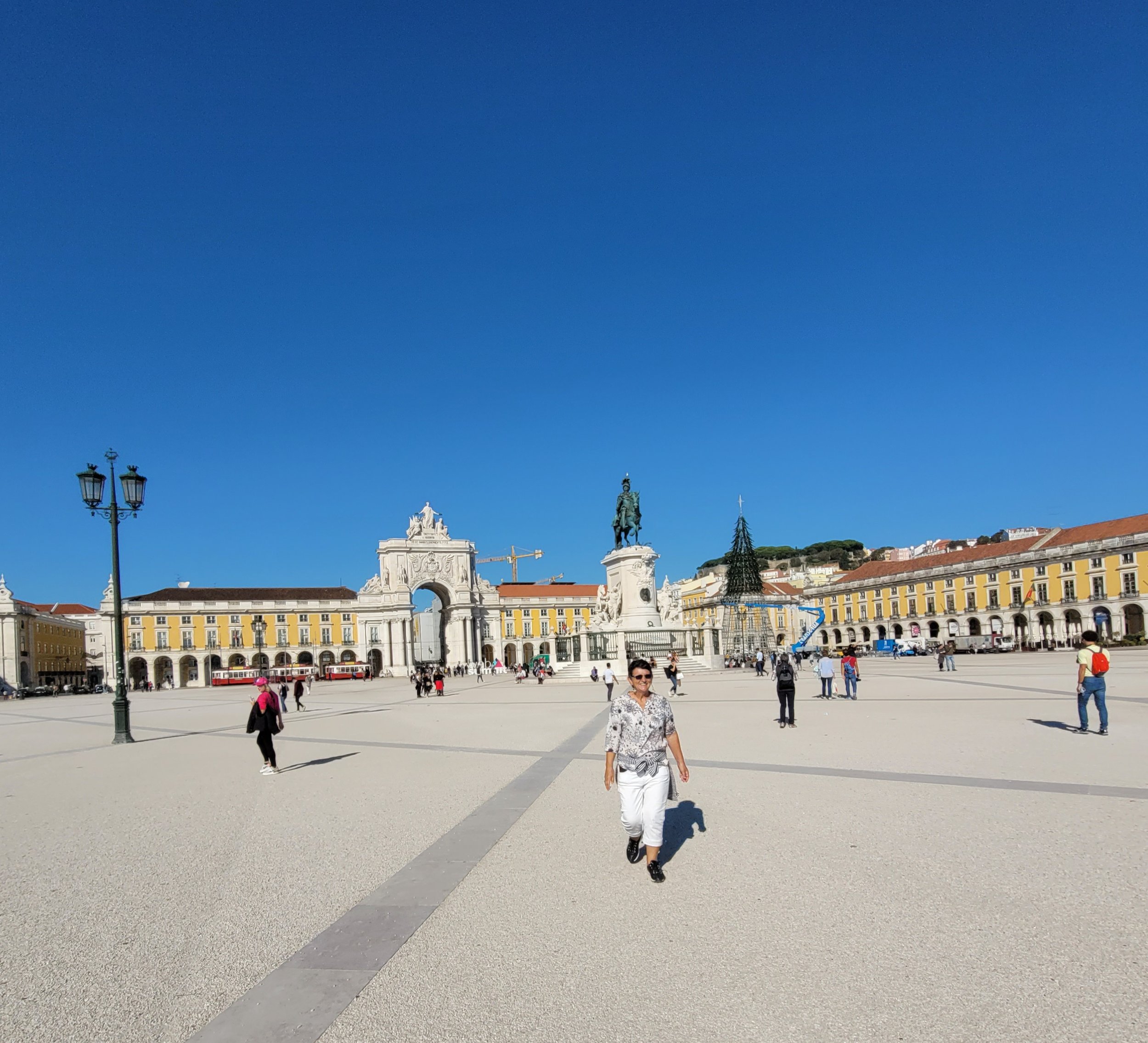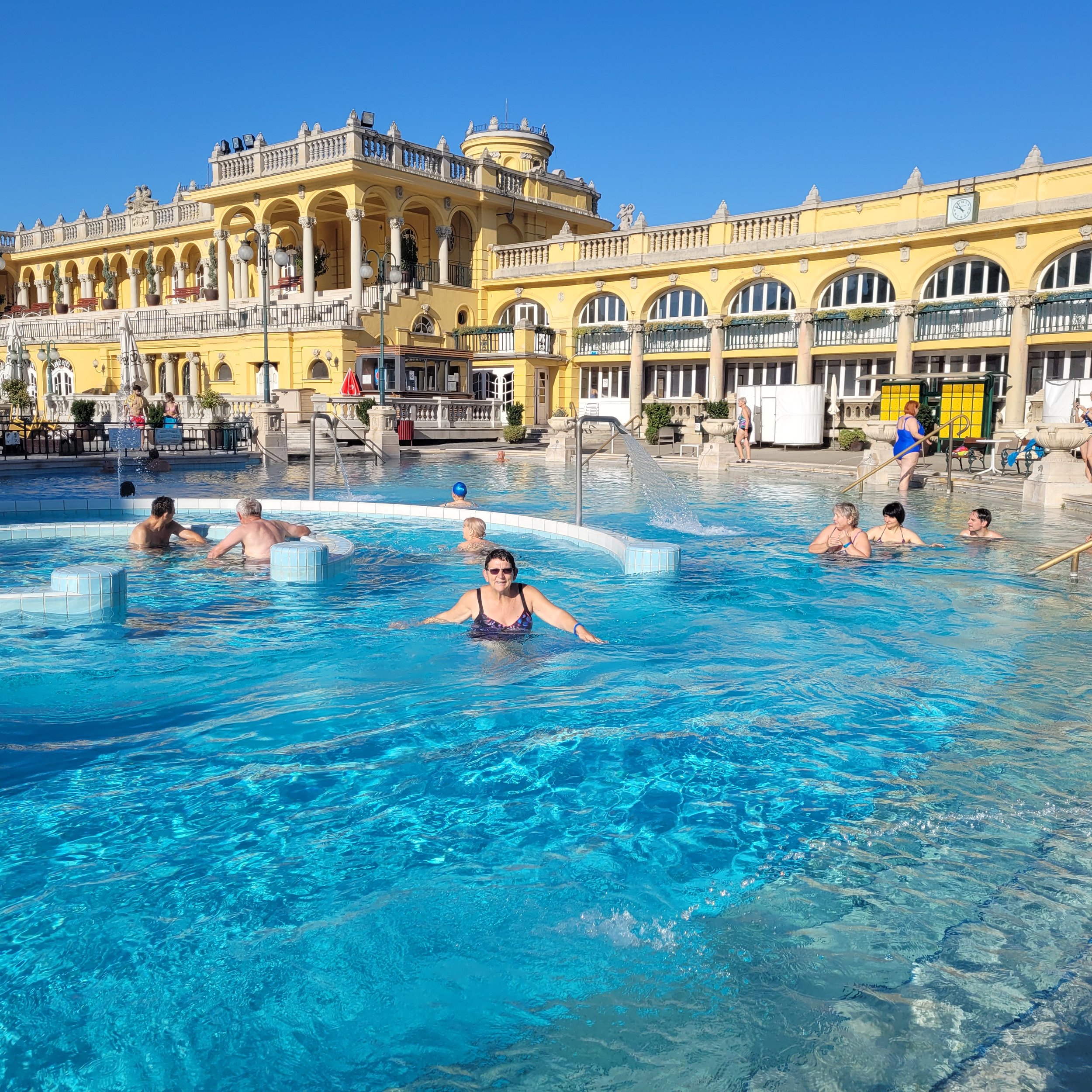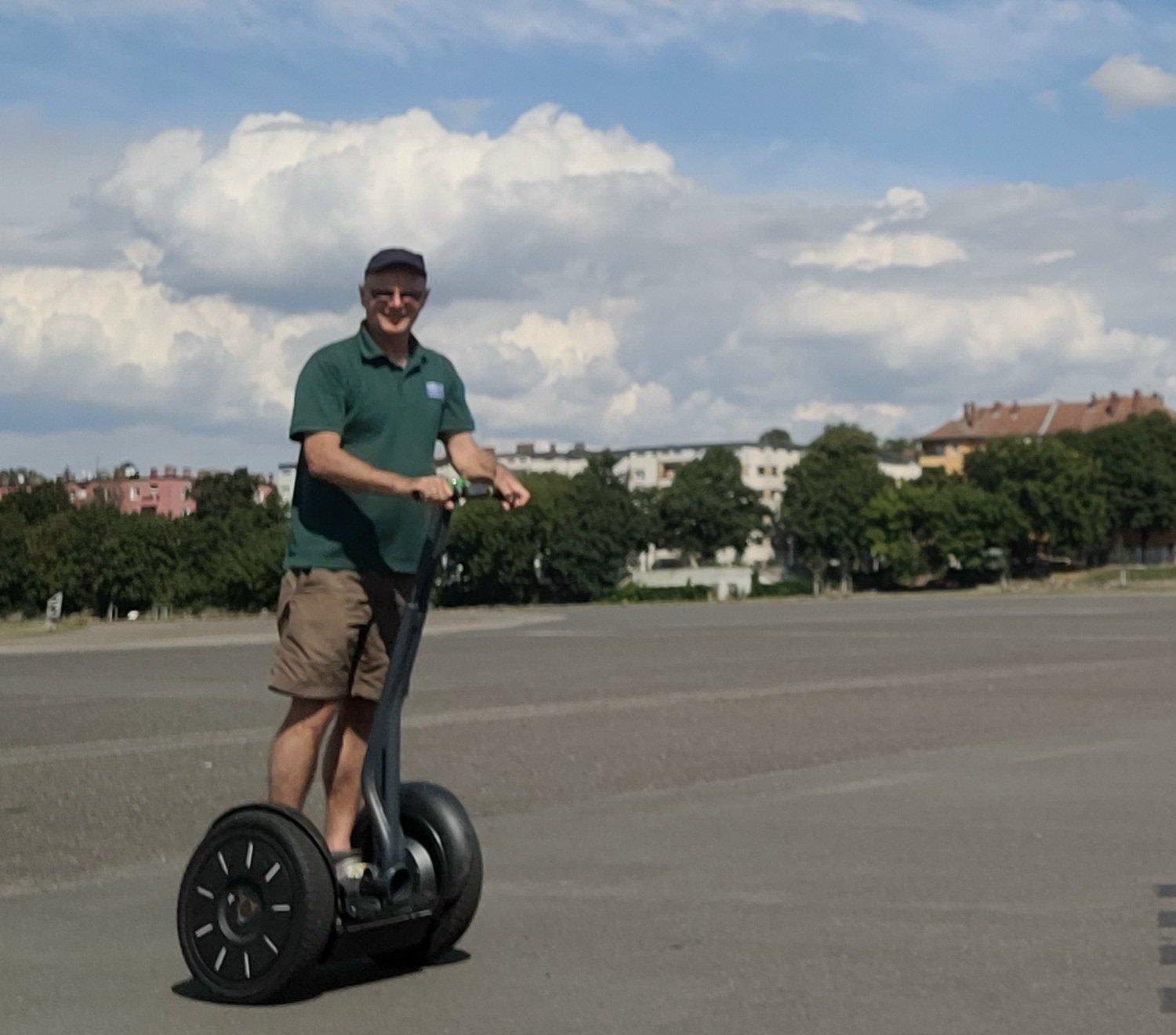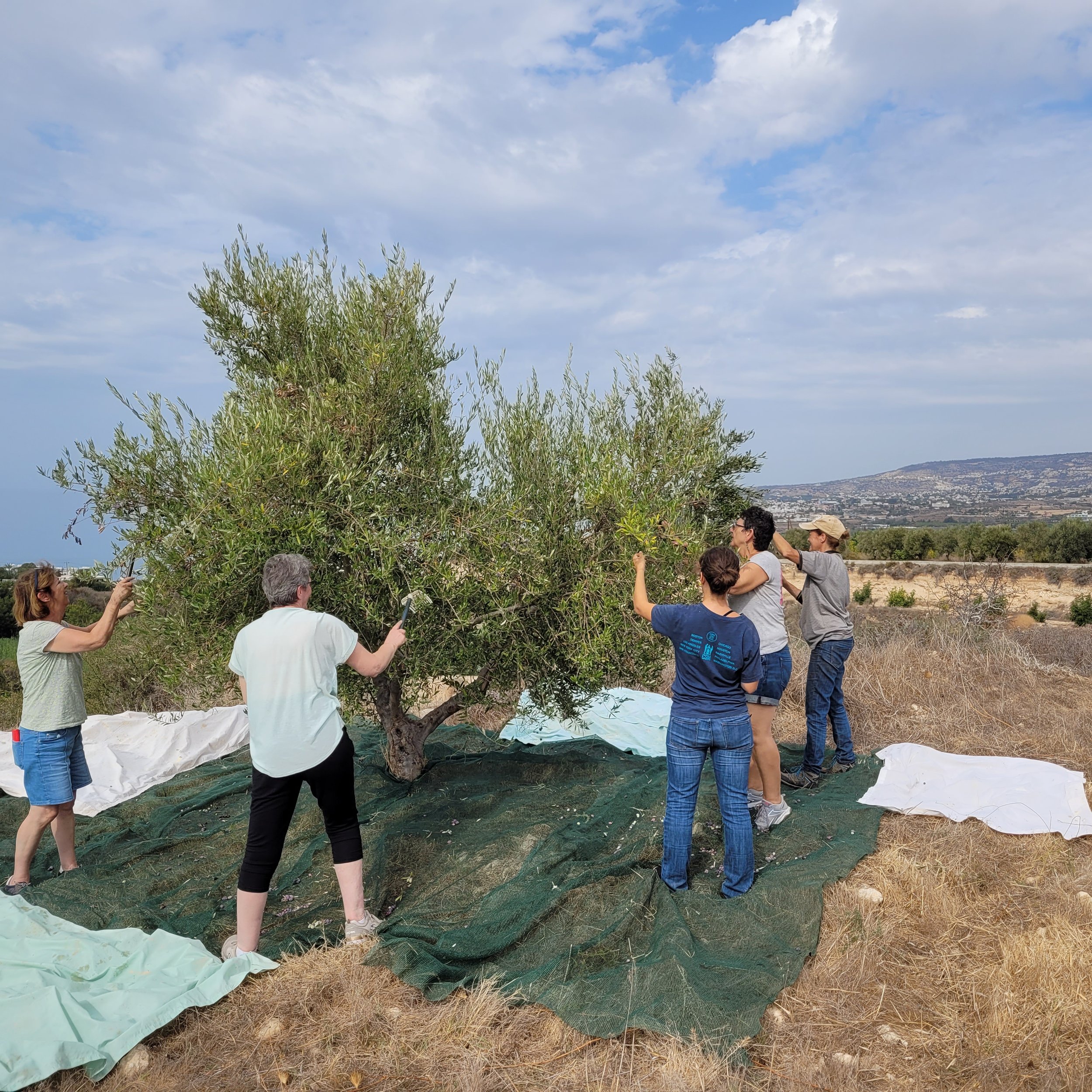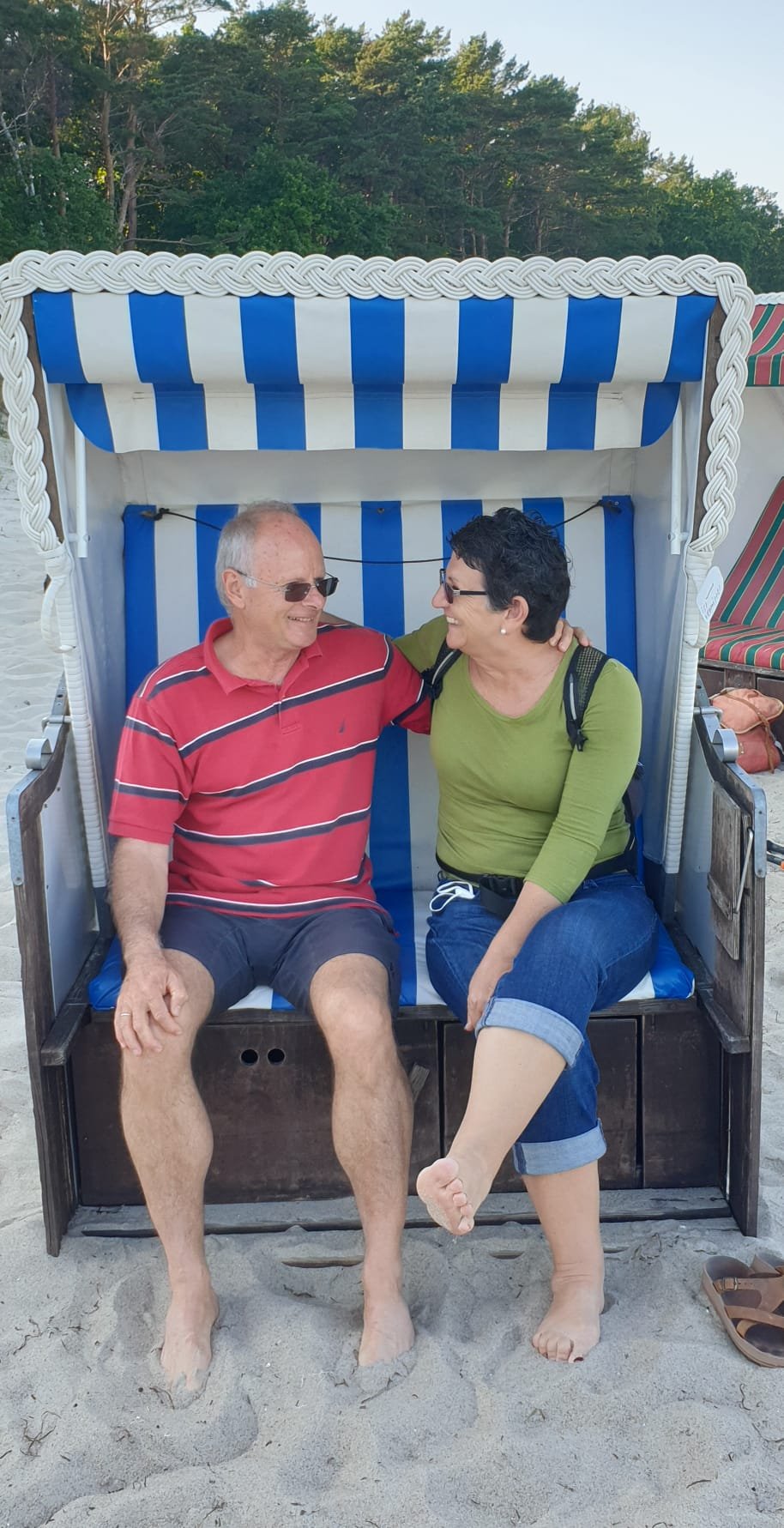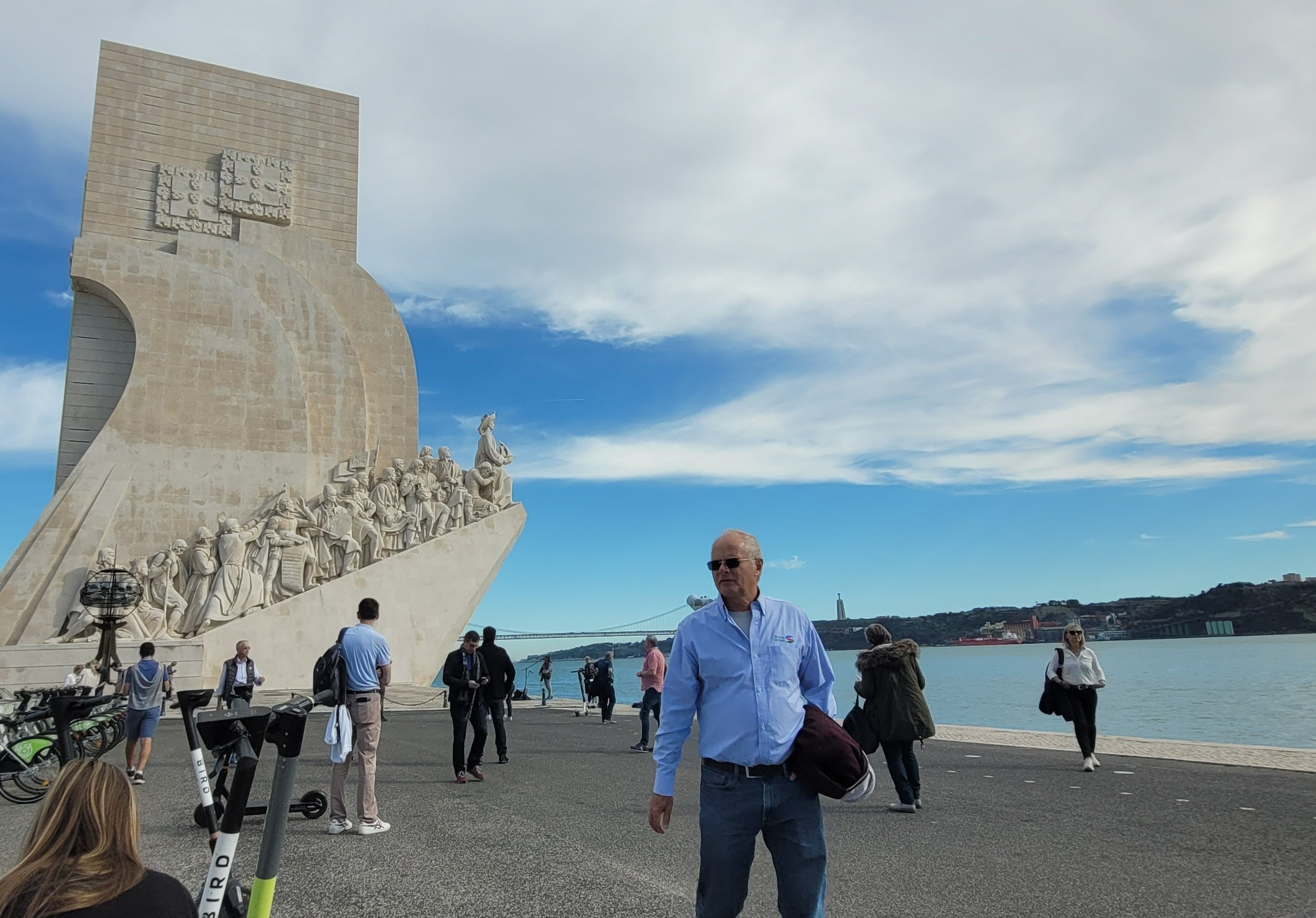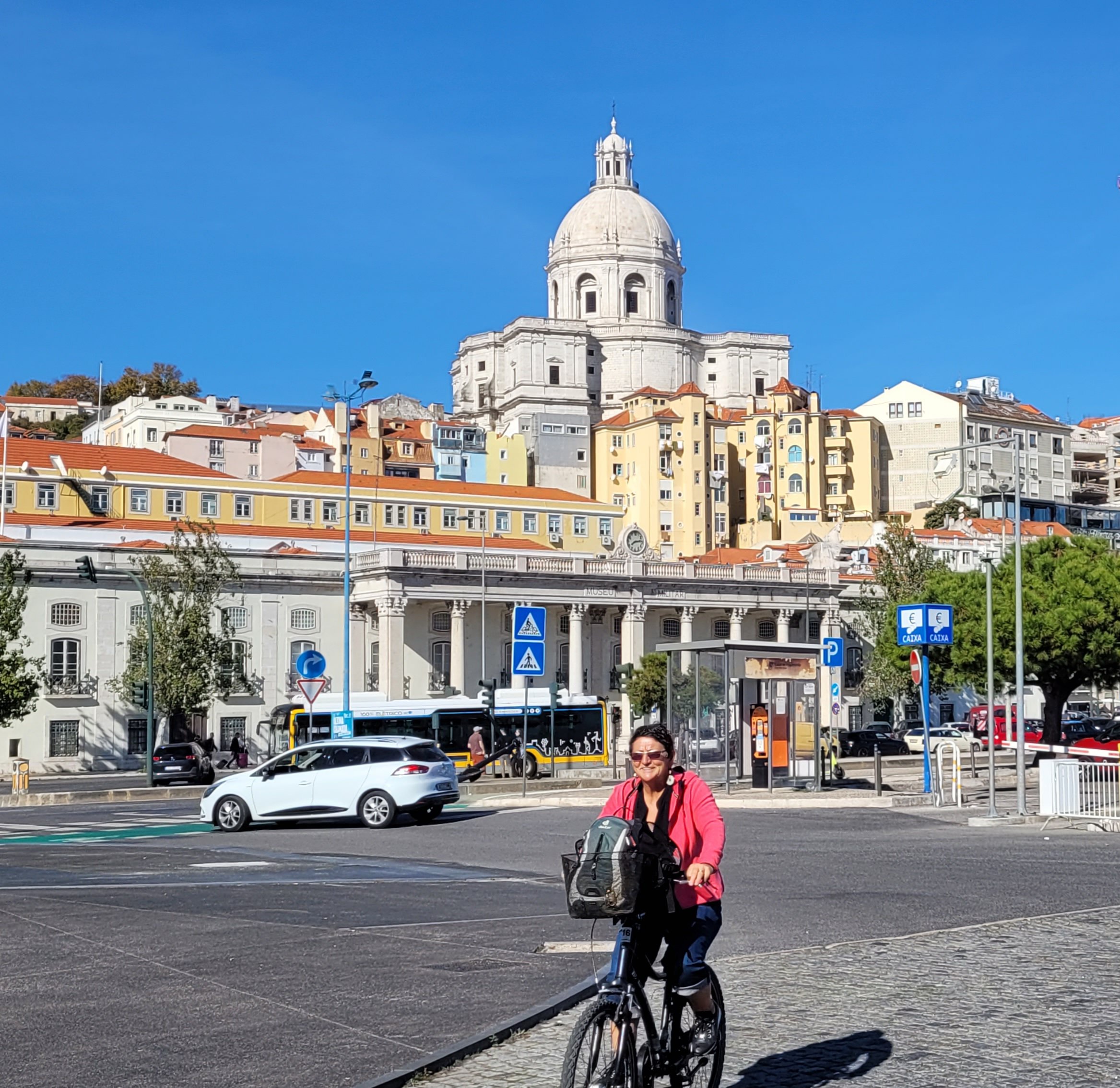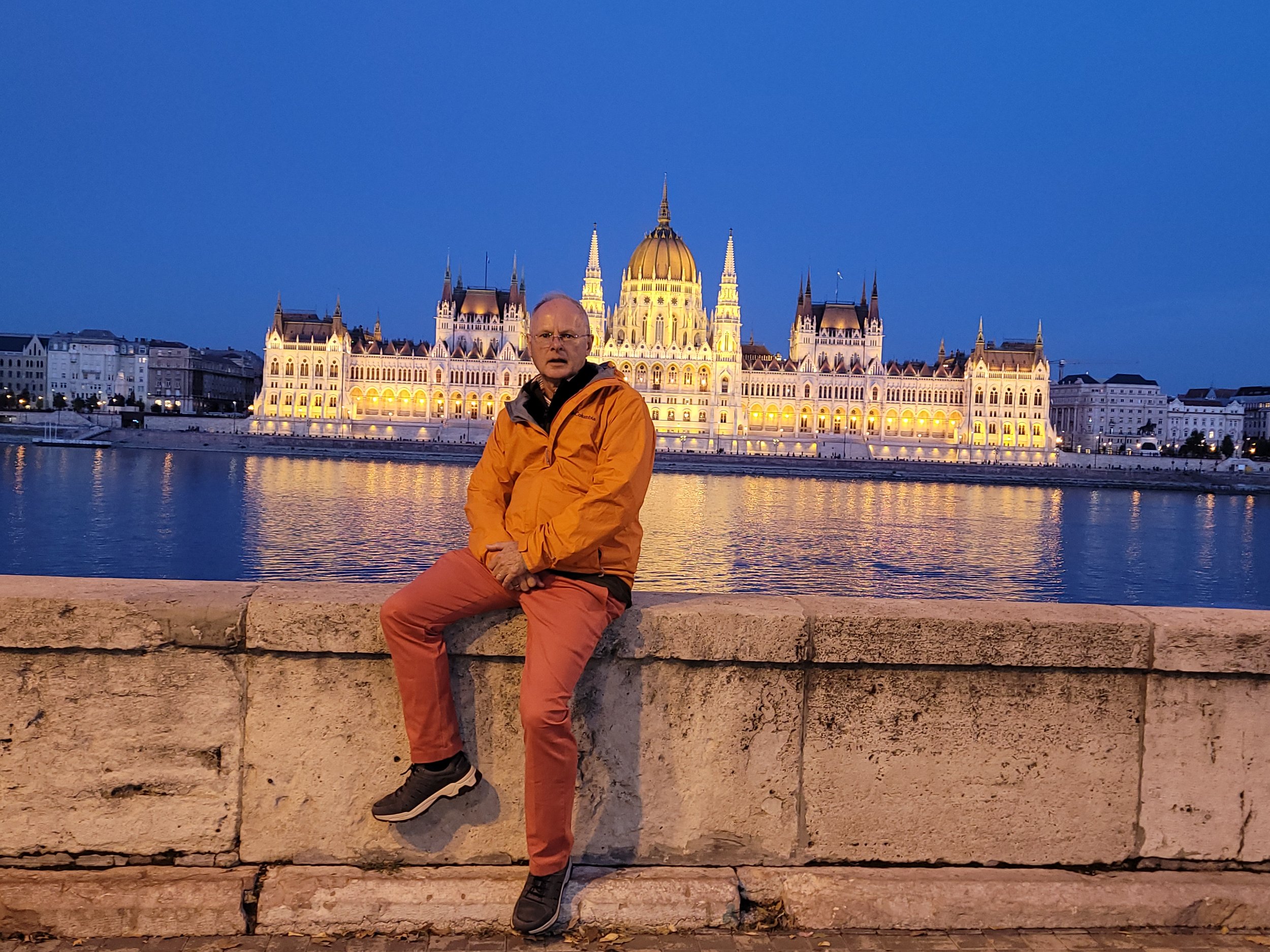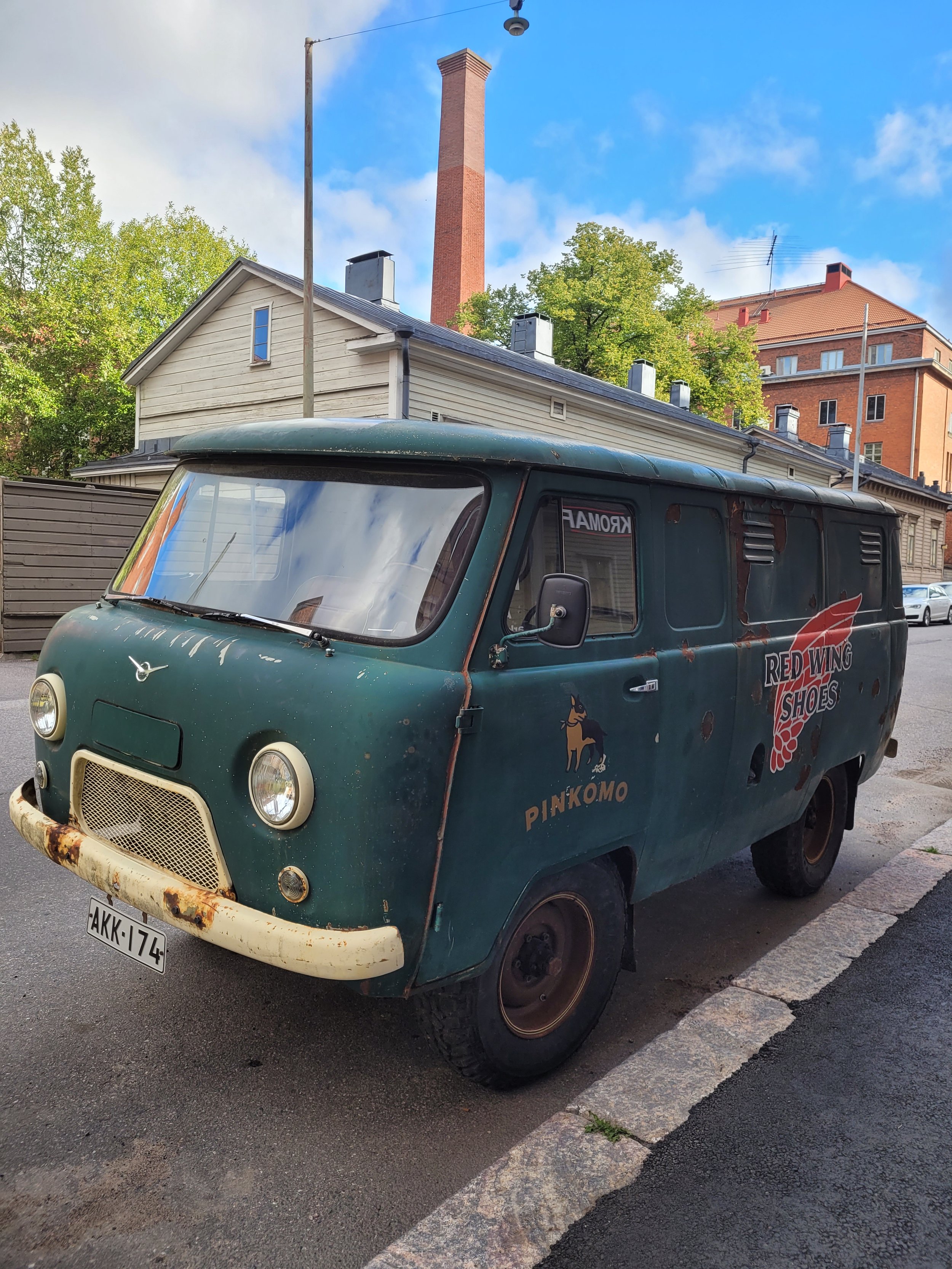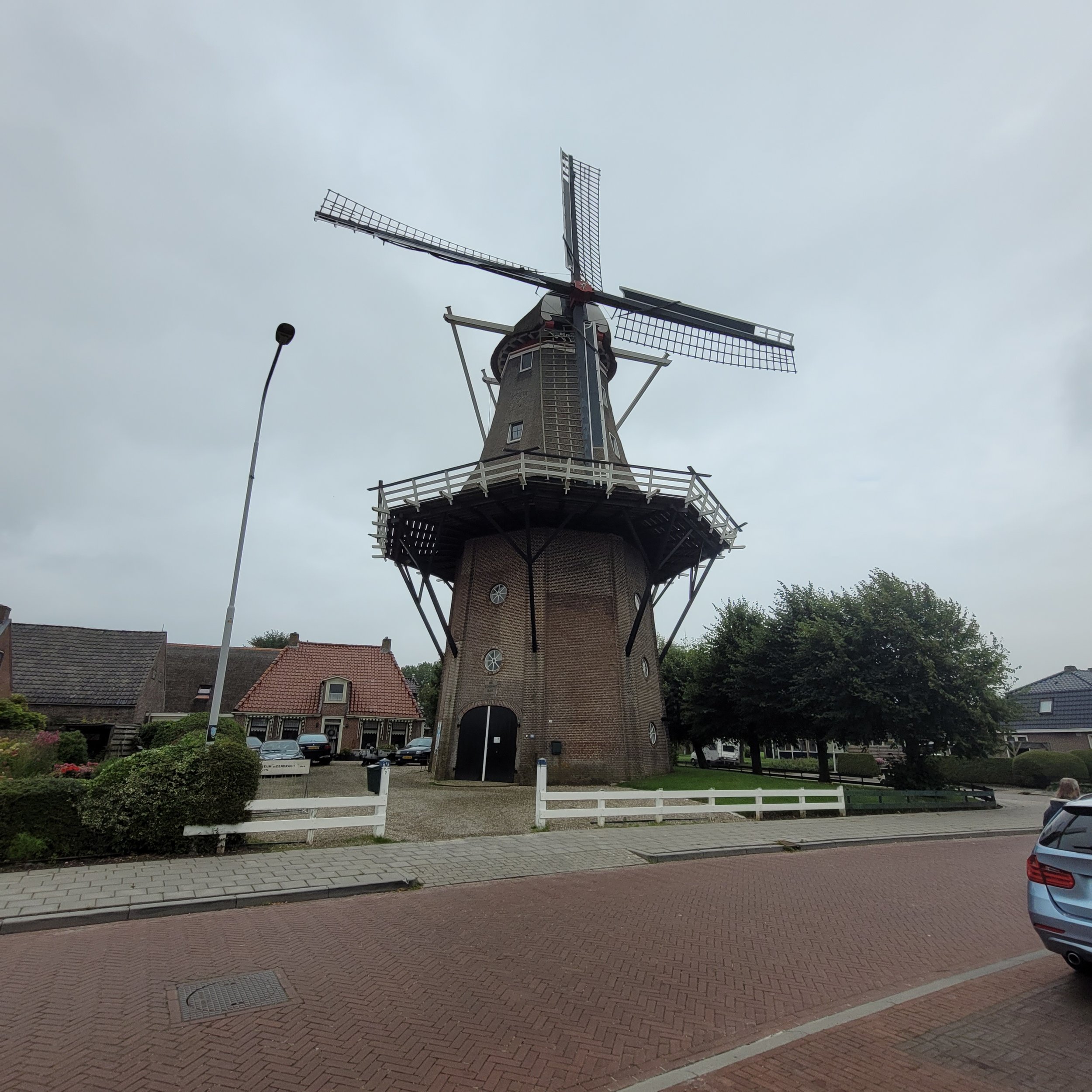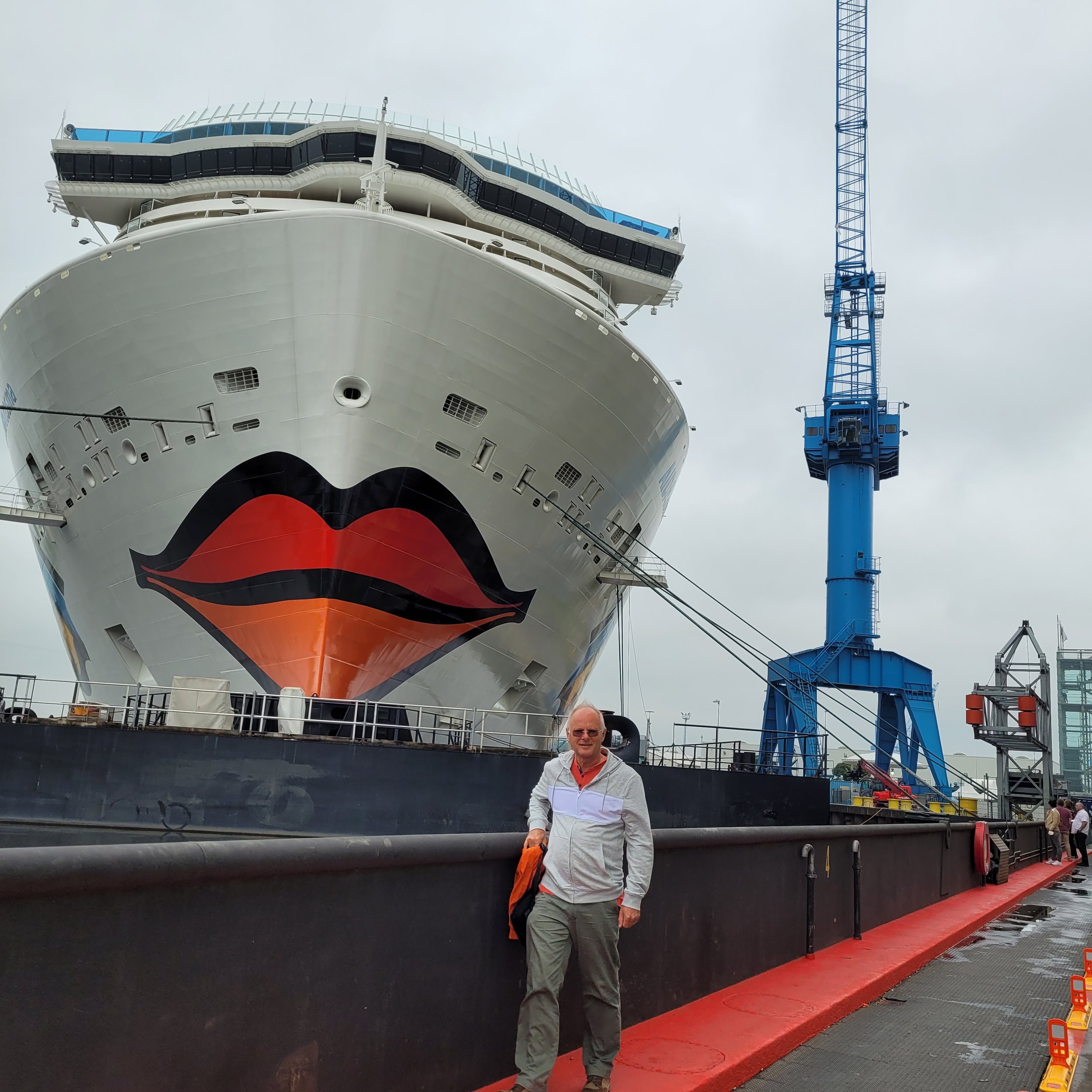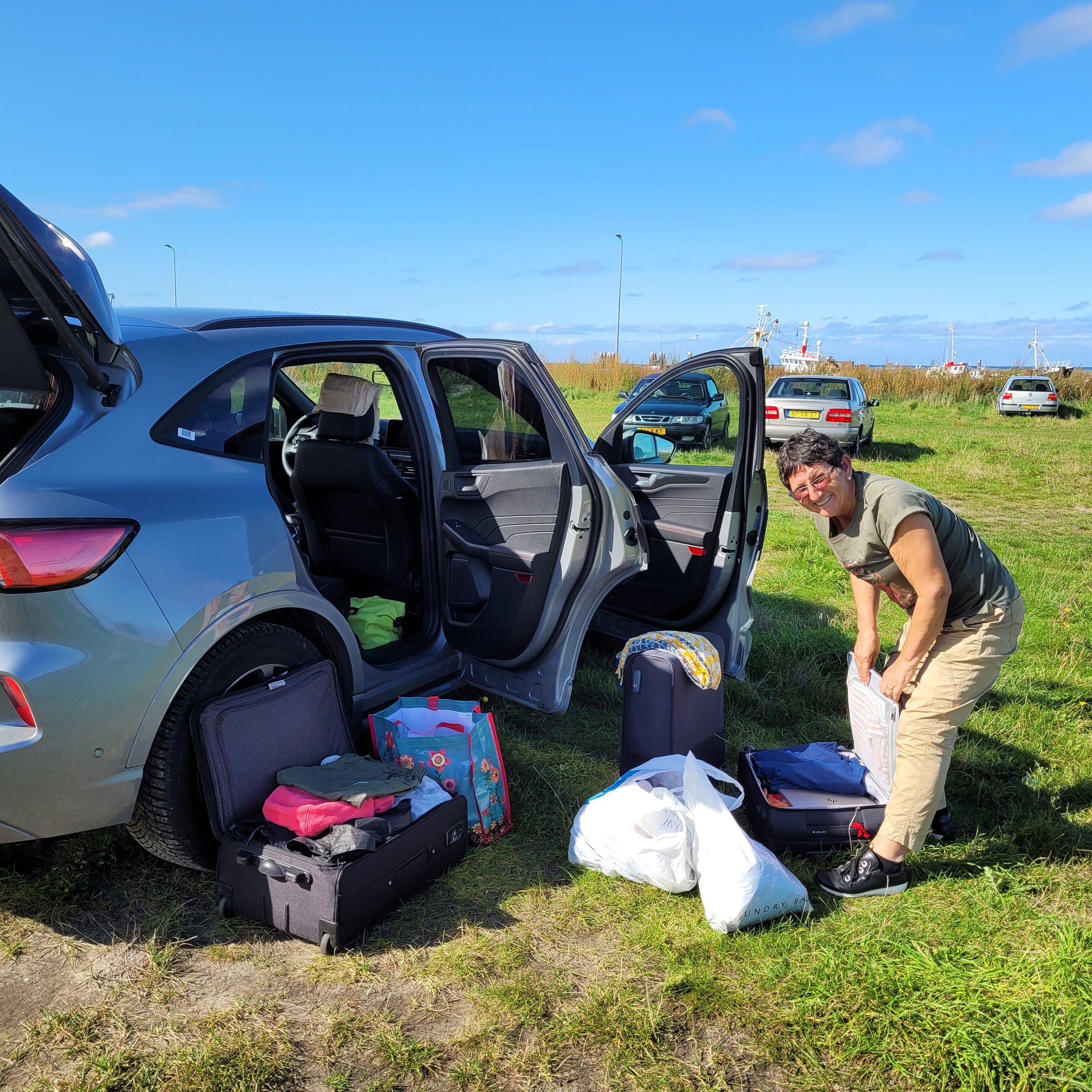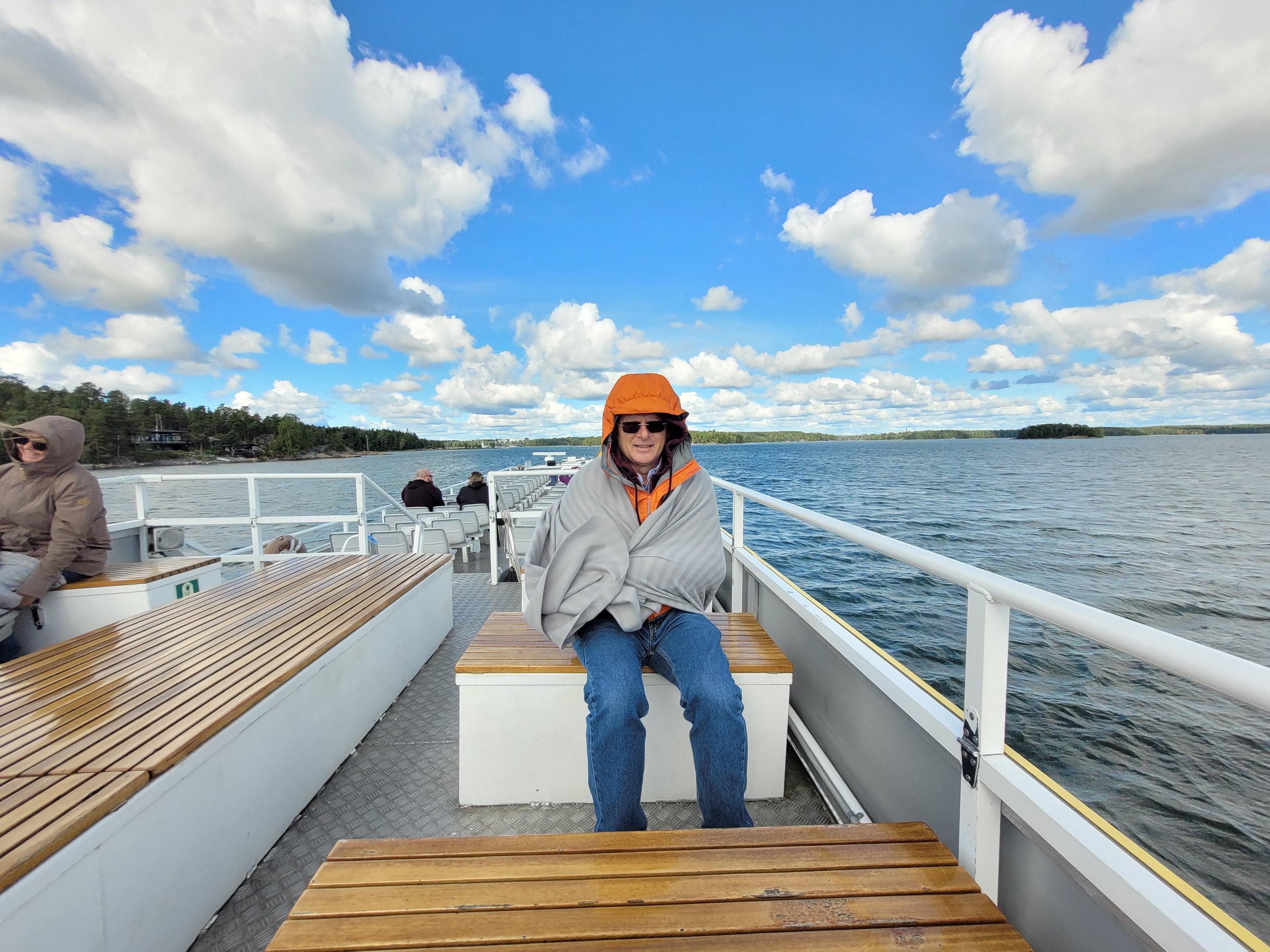7 Countries, 25 weeks and 15000 km travel through Europe. Francien and I have been living seven years in Malaysia and now it was a privilege to spend half a year traveling through ‘our’ continent. How to capture so many impressions and experiences in a single blog post? Let me be upfront, it was about how similar countries and people in Europe really are. True, Europe is known as a diverse continent, with many different countries, cultures, languages and politic opinions. But what I have noted after traveling and spending quality time in Germany, Hungary, Finland, The Netherlands, Belgium, Estonia, Cyprus and Portugal is much more about similarities than differences. Co-author Jose Marques, born Brazilian, expatriate and now living in Barcelona, shares his similar experienced as well.
Each country in Europe wants to keep its identity and maintain its sovereignty. We all want to cling onto things that make us unique and make us feel that we belong somewhere. Different historical experiences have formed unique beliefs of the people with social norms, values and routines. These deeply rooted beliefs influence opinions and cause the diverse and differing political opinions and at times competing interests between countries. I have experienced frustrated cross-border relationships between countries not only during this journey, but also during my youth growing up in The Netherlands and later working and living in Germany. These frustrations come to the front not only during European sports events. People also love to tell jokes about some of their neighbors. We heard the Portuguese mock the ‘supercilious’ Spanish, the Poles joke about the ‘occupation’ Germans, Estonians laugh at the hopelessly shy Finns and Belgian’s love nothing better than teasing the penny-pinching Dutch. But those gags are crude but rarely nasty. Unfortunately, a few relationships go beyond innocent jokes, like between the Irish and Brits, the Estonians and Russians and the Greeks and Turks. These all stem from old historical sentiments, when neighboring countries fought wars, dominated one and the other.
Yes, there are many ethnic or cultural differences. For example, the cultural gap between German people and from countries like Greece, Portugal, Bulgaria and Romania is much wider than between Germany and Austria, Denmark and the Netherlands.
However, I dare say that there is one single European culture rooted in its, architecture, arts, social norms and economics. The countries share countless similarities on many levels. During this journey, we were able to use one mobile phone number which gave us seamless connectivity across all EU borders, we paid with one currency (except in Hungary) and did not cross any immigration check points. So many supermarket chains, coffeeshops, food outlets, pharmacies and shopping malls are almost identical in all the countries we visited. Traffic, public transport, airports, and hotels for all practical purpose are the same across the continent. Europe is still based on Christian and Judaean values and traditions. We visited centuries old churches, synagogues, convents and we even stayed one night in a monastery. The Christmas markets in Berlin and Lisbon looked so much like the ones we have visited on previous travels like in Prague, Amsterdam and Cyprus.
Architectures like Gothic, Renaissance, and other classical building designs we saw in all major cities. The cities are more compact than elsewhere in the world. The closer one comes to the city centres, the more tangled the roads become. European cities have grown organically, usually before the advent of cars, with their road layout largely determined by local geography and climate. So many times, a castle, cathedral or temple is the very centre. On this trip not only the castle in Budapest had similarities with the one in Tallin, but also the boulevard in Lisbon looked very much like the one in Helsinki (both copied from the Champs-Élysées in Paris). The ancient Roman aqueduct in Cyprus looks like the one leading from Lisbon into the northern hills. There are many bike lanes and city parks have statues of historic poets, hero’s and nobles. Straddling the snaking Danube in the heart of Budapest feels like walking along the Spree River in Berlin. People from Amsterdam and Helsinki compete with each other for being the world biggest coffee drinkers.
Europeans are multilingual, because many different languages are being spoken. Despite, or perhaps because, of this, they share special bonds. Our languages and dialects are the legacies of invasions, conquests and migrations, many of them made thousands of years ago. As an example, the Roman Empire had a huge influence on Portuguese, Spanish, Italian, French, Romanian and even on English languages. The five different main languages spoken in the Iberian Peninsula are testimony to the different kingdoms that existed until not so long ago. What the world calls “Spanish” is in fact Castilian (which was the language of the Kingdom of Castille), but Spain also speaks Galician (sounds like a mixture of Portuguese and Castilian), Catalan (spoken in Catalunya and is almost a mixture of Castilian and French) and Basque, which relates to no other language in Europe. The fact that Castilian was imposed on all the other regions in Spain during the Franco dictatorship still fuels the fire of those that want to justify an independent Catalunya. Dare I say it, for political reasons these differences have always been over-emphasized.
However, in Helsinki I saw farmers demonstrating in front of their parliament, in Berlin people gathered in support for better housing, in Tallinn I watched people demonstrate in support of a political leader and 3500 km on the other side of the continent in Lisbon foremost youngsters carried banners to protest against racism. That made me realize that in many other countries outside Europe we have visited, such protests are not even allowed. Europeans share more democratic values and freedoms than many realize.
Our cultures are also entangled, because people mingle. In a sports bar in Lisbon, we met Erasmus students from Holland, in an Irish Pub in Berlin we spoke to French tourists, in Helsinki our ‘Free Walking Tour’ guide was Irish and a German woman showed us around in a co-working space in Tallinn. Not to forget that due to the globalization, all the European cultures are absorbing some typical American traditions like Valentine’s Day and Halloween. A true cultural hodgepodge.
Unfortunately, when it comes to high level politics, the differences between the European countries are being exaggerated. However, the many different cultures and languages do not cause these diverse political opinions. It is poor leadership that uses the European diversity as an excuse to act in a parochial way. I cannot see any charismatic politician who stands above the day-to-day interests and pursues a bold long-term vision for our continent.
Even that all European countries have in common.
Guest co-writer: Jose Marques, Barcelona


